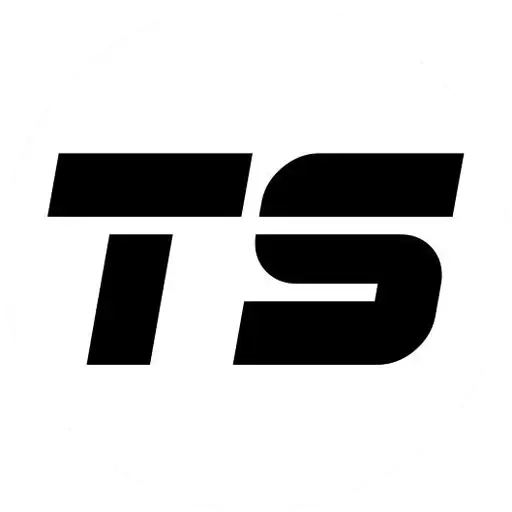Hydroxycut is one of the top-selling fat loss supplements of all-time, according to their website. Their sales number in the hundreds of millions of their product. The pills and powders they make fall into the category of dietary supplements.
In 2008 and 2009, ingredients were discovered in Hydroxycut that the Food and Drug Administration (FDA) deemed unsafe. There had been multiple incidents with this supplement that required hospitalizations and even some deaths. The mysterious ingredient, which was also a powerful fat-burner, was actually an amphetamine derivative.
The company, along with others who were using the same ingredients, were called upon to recall their products and change recipes. They agreed and sent out more products with different ingredients. Some incidents have occured since, but less so than when this sketchy ingredient was included.
How did this happen? Why were people allowed to take such a supplement in the first place? The FDA is at least partially to blame. Supplements are regulated the same way that food and beverages are. They’re considered nutritional products, not drugs. The FDA strictly regulates drugs, but supplements are largely untouched.
When a supplement company decides they want to start selling multivitamins, they have to claim to the FDA that they’re following proper manufacturing processes and that all ingredients are sound. If there are any problems linked to the supplement, the FDA intervenes.
If a company uses a banned ingredient, the FDA asks them to change it. However, some companies are sneaky and simply change the name of the ingredient on the label. Of course, once the FDA figures this out, the company has to stop selling the product. But that means you could be taking something with dangerous ingredients.
Athletes should also be wary of supplements, since some of them contain traces of performance-enhancing drugs. The best bet for anyone looking to buy a nutritional supplement is to get something that’s National Science Foundation (NSF) certified. The NSF actually tests supplements to make sure they contain the ingredients they advertise, and that athletes won’t get banned for taking them.
If your supplement is NSF certified, you’ll see an NSF logo on the label. Always stick with brands and products you can trust when trying a supplement. Also keep in mind that dietary supplements aren’t very effective in any case. The FDA’s rule is simple: if a supplement claims to be able to do something for your body that normal food and drink can’t do, it’s probably a false claim.
Hydroxycut is one of the top-selling fat loss supplements of all time, according to their website. Their sales number in the hundreds of millions for their product. The pills and powders they make, fall into the category of dietary supplements.
In 2008 and 2009, ingredients were discovered in Hydroxycut that the Food and Drug Administration (FDA) deemed unsafe. There had been multiple incidents with this supplement that required hospitalizations and even some deaths. The mysterious ingredient, which was also a powerful fat burner, was actually an amphetamine derivative.
The company, along with others who were using the same ingredients, was called upon to recall their products and change recipes. They agreed and sent out more products with different ingredients. Some incidents have occurred since, but less so than when this sketchy ingredient was included.
How did this happen? Why were people allowed to take such a supplement in the first place? The FDA is at least partially to blame. Supplements are regulated the same way that food and beverages are. They’re considered nutritional products, not drugs. The FDA strictly regulates drugs, but supplements are largely untouched.
When a supplement company decides they want to start selling multivitamins, they have to claim to the FDA that they’re following proper manufacturing processes and that all ingredients are sound. If there are any problems linked to the supplement, the FDA intervenes.
If a company uses a banned ingredient, the FDA asks them to change it. However, some companies are sneaky and simply change the name of the ingredient on the label. Of course, once the FDA figures this out, the company has to stop selling the product. But that means you could be taking something with dangerous ingredients.
Athletes should also be wary of supplements since some of them contain traces of performance-enhancing drugs. The best bet for anyone looking to buy a nutritional supplement is to get something that’s National Science Foundation (NSF) certified. The NSF actually tests supplements to make sure they contain the ingredients they advertise, and that athlete won’t get banned for taking them.
If your supplement is NSF certified, you’ll see an NSF logo on the label. Always stick with brands and products you can trust when trying a supplement. Also, keep in mind that dietary supplements aren’t very effective in any case. The FDA’s rule is simple: if a supplement claims to be able to do something for your body that normal food and drink can’t do, it’s probably a false claim.

